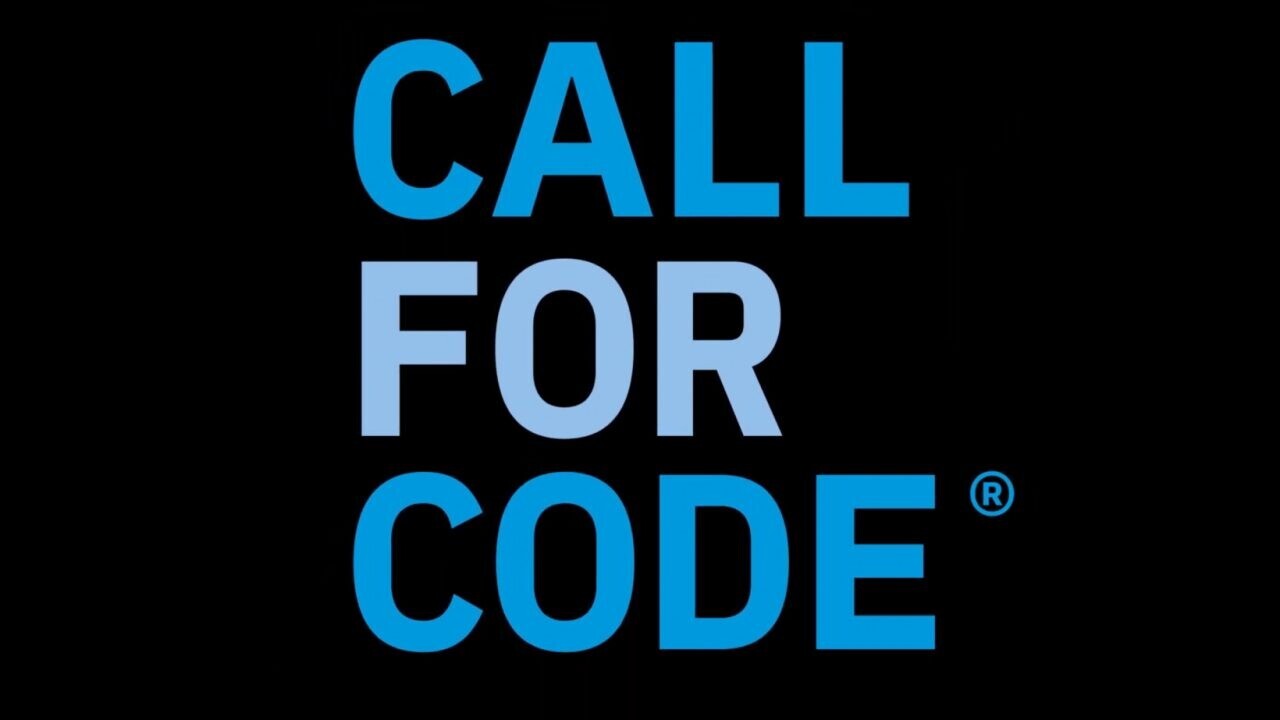
The David Clarke Foundation and IBM announced the 2020 Call for Code challenge back in late February – seemingly a decade ago – with a central focus: fighting climate change. Now the challenge is expanding to set its sights on the coronavirus.
Call for Code is a five-year challenge (now in its third) issued to developers around the world. Every year teams compete to solve big problems such as disaster response, climate change, and, now, the COVID-19 pandemic. So far, more than 200,000 developers, coders, engineers, and problem-solvers have accepted the Call for Code Challenge in its two years running.
The winning team receives a cash prize and support from IBM and it’s partners to get their project off the ground. More importantly, the entire field’s efforts could play a huge role in solving some of the open problems related to the current pandemic.
Read: Spain plans to use robots to test 80,000 people a day for the coronavirus
According to a blog post from Willie Tejada, IBM’s Chief Developer Advocate, the expanded challenge will now focus on three key areas related to COVID-19:
In a very short period of time, COVID-19 has revealed the limits of the systems we take for granted. The 2020 Call for Code Global Challenge will arm you with resources to build open source technology solutions that address three main COVID-19 areas: crisis communication during an emergency, ways to improve remote learning, and how to inspire cooperative local communities.
To this end, IBM will launch “starter kits” later this week for developers interested in taking on the challenge. Traditionally, the Call for Code starter kits come with everything you need to connect to specific services, such as cloud computing, ML, and IoT, and tutorials to get teams started with the basics so they can focus on coming up with novel solutions.
If you’re interested in signing up go to the Call for Code homepage here. For more information check out IBM’s blog post here. The challenge will accept submissions from now through 31 July; winners will be announced in October.
Get the TNW newsletter
Get the most important tech news in your inbox each week.





